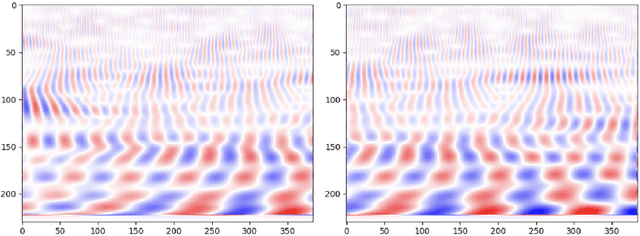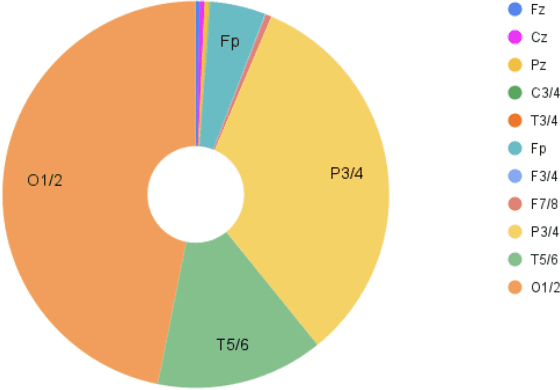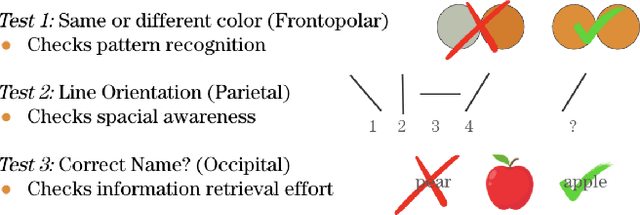Medha Pappula
An ADHD Diagnostic Interface Based on EEG Spectrograms and Deep Learning Techniques
Dec 03, 2024



Abstract:This paper introduces an innovative approach to Attention-deficit/hyperactivity disorder (ADHD) diagnosis by employing deep learning (DL) techniques on electroencephalography (EEG) signals. This method addresses the limitations of current behavior-based diagnostic methods, which often lead to misdiagnosis and gender bias. By utilizing a publicly available EEG dataset and converting the signals into spectrograms, a Resnet-18 convolutional neural network (CNN) architecture was used to extract features for ADHD classification. The model achieved a high precision, recall, and an overall F1 score of 0.9. Feature extraction highlighted significant brain regions (frontopolar, parietal, and occipital lobes) associated with ADHD. These insights guided the creation of a three-part digital diagnostic system, facilitating cost-effective and accessible ADHD screening, especially in school environments. This system enables earlier and more accurate identification of students at risk for ADHD, providing timely support to enhance their developmental outcomes. This study showcases the potential of integrating EEG analysis with DL to enhance ADHD diagnostics, presenting a viable alternative to traditional methods.
 Add to Chrome
Add to Chrome Add to Firefox
Add to Firefox Add to Edge
Add to Edge